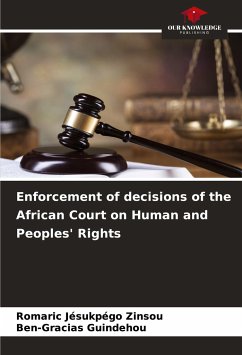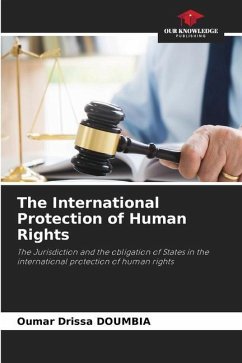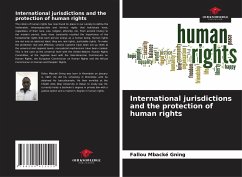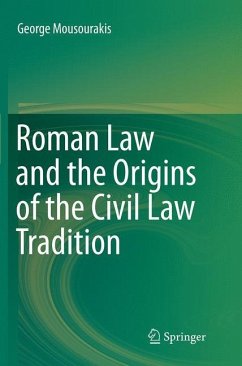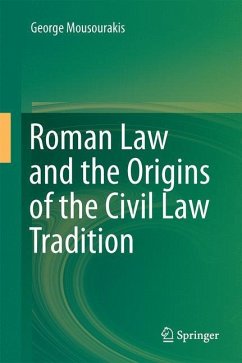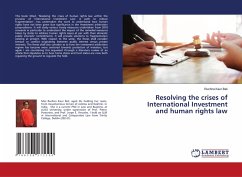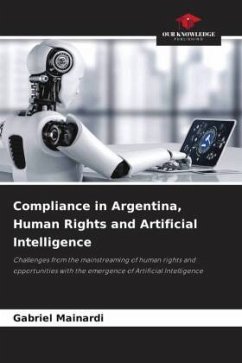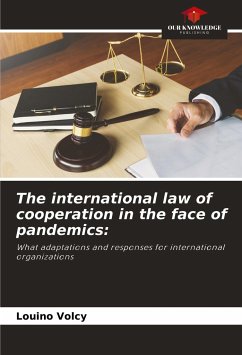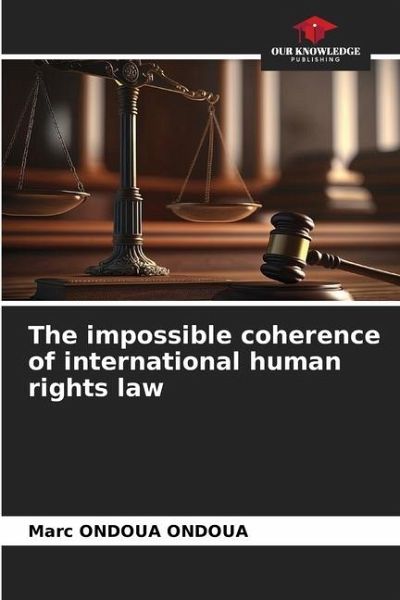
The impossible coherence of international human rights law
Versandkostenfrei!
Versandfertig in 6-10 Tagen
29,99 €
inkl. MwSt.

PAYBACK Punkte
15 °P sammeln!
In a world of tangled realities and juxtaposed cultures, it is difficult for legal matters to be characterized by absolute certainty. In the same way, international human rights law is not perfectly coherent, nor is it totally lacking in coherence. Diversified and expansive, this law is incapable of keeping pace with developments without losing its coherence. Fragmentation constitutes a real danger to the construction of its unity, and a threat to the coherence of the international legal system as a whole. Nevertheless, the obstacles inherent in the impossibility of coherence in international ...
In a world of tangled realities and juxtaposed cultures, it is difficult for legal matters to be characterized by absolute certainty. In the same way, international human rights law is not perfectly coherent, nor is it totally lacking in coherence. Diversified and expansive, this law is incapable of keeping pace with developments without losing its coherence. Fragmentation constitutes a real danger to the construction of its unity, and a threat to the coherence of the international legal system as a whole. Nevertheless, the obstacles inherent in the impossibility of coherence in international human rights law can be overcome.




